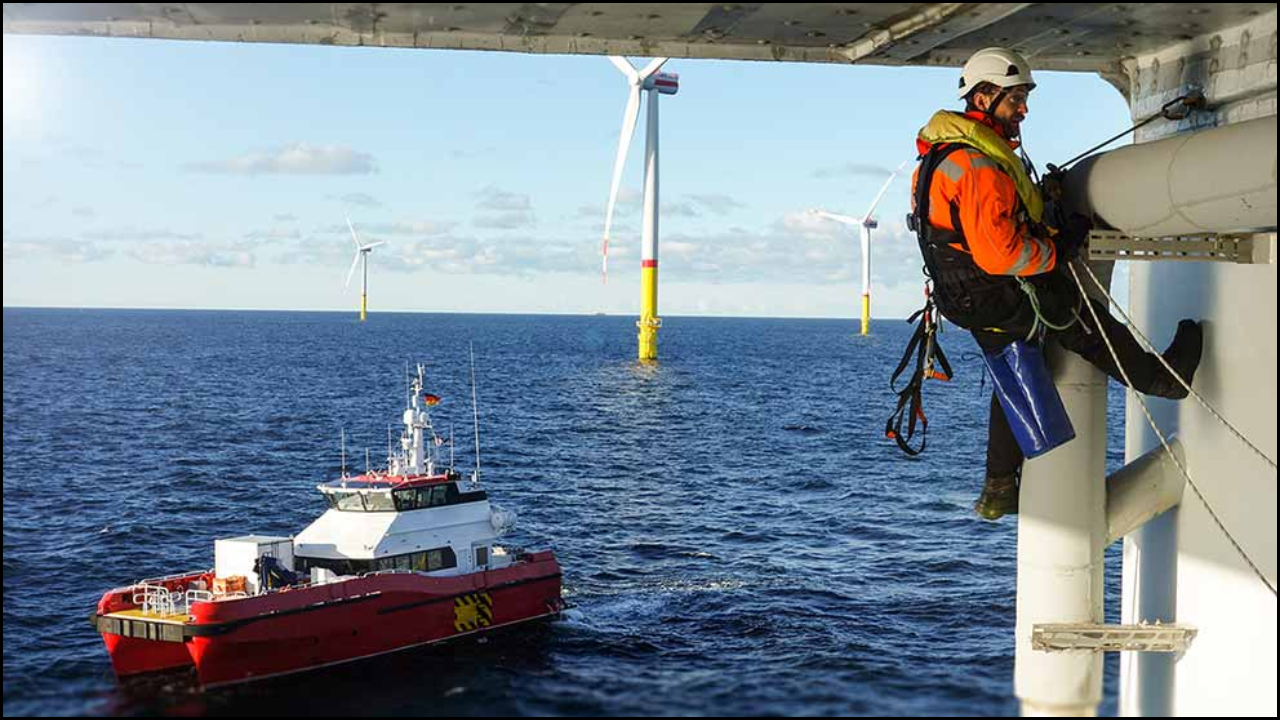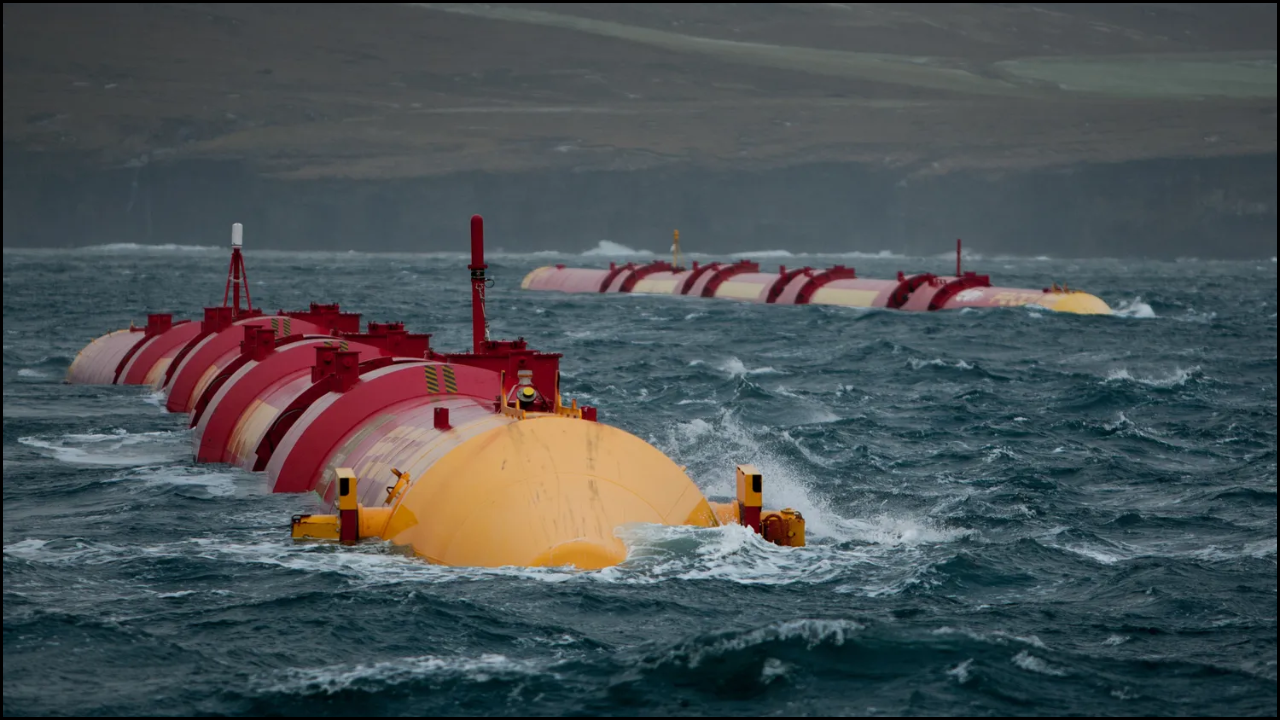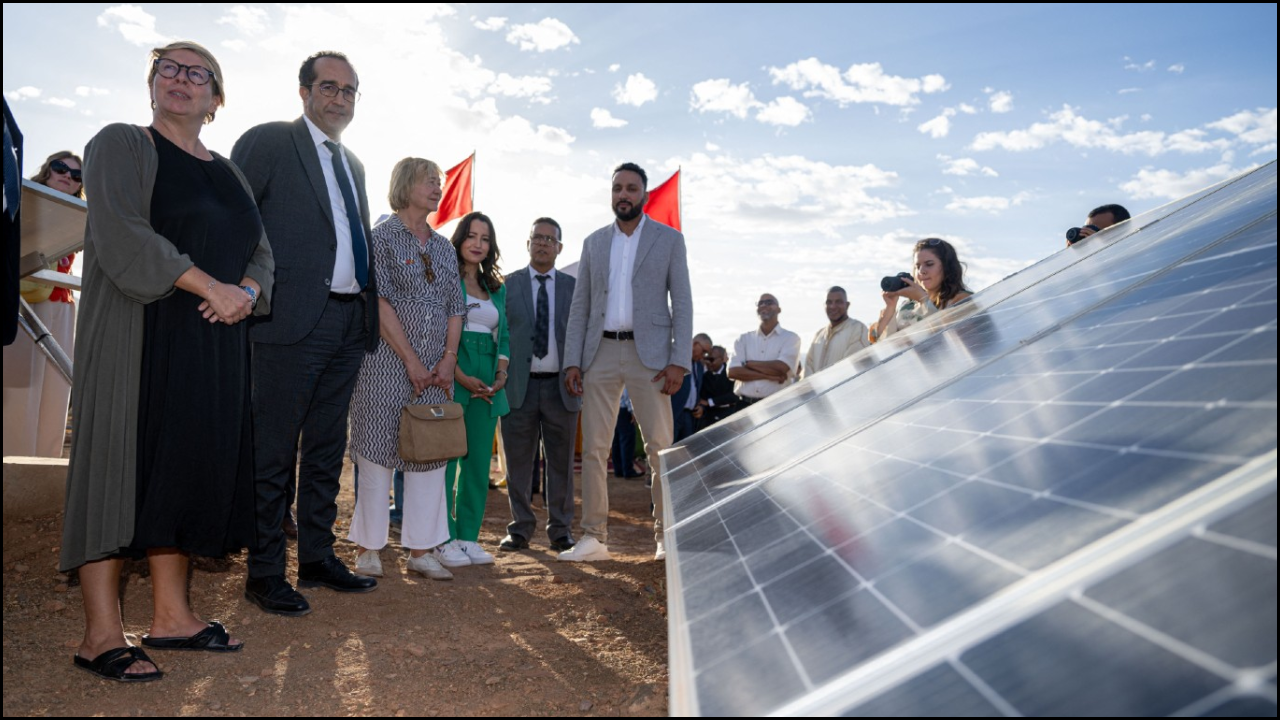
A global shift toward sustainability places renewable energy engineering at the center of technological innovation and environmental responsibility. The University of Exeter’s Renewable Energy program represents a strong blend of research, industry collaboration, and academic excellence. Located at the Penryn Campus in Cornwall, this department offers world-class facilities, a strong focus on applied research, and an emphasis on real-world energy challenges. Students and researchers gain valuable hands-on experience while contributing to sustainable solutions for modern society.
Table of Contents
Core Areas of Focus in Renewable Energy Engineering
1. Renewable Energy
- Renewable energy forms the foundation of Exeter’s research and teaching excellence.
- The focus lies on harnessing natural resources such as solar, wind, hydro, and ocean energy.
- Integration of renewable systems into existing infrastructure is studied through both theoretical and field-based approaches.
- Students are trained to design, optimize, and manage renewable technologies efficiently.
2. Offshore Renewable Energy
- Offshore systems provide immense potential for future energy independence.
- Research involves wave energy converters, offshore wind turbines, and tidal power systems.
- The department works closely with marine industries and environmental scientists to develop low-impact, high-output energy systems.
- Simulation and real-sea testing form part of the curriculum for practical exposure.
3. Solar Energy
- Solar research focuses on photovoltaic technology, solar thermal systems, and energy efficiency.
- Projects explore innovations in solar panel materials, installation optimization, and grid integration.
- Cornwall’s coastal climate provides a unique testing ground for variable weather solar modeling.
- Both small-scale residential and large-scale commercial applications are studied.
4. Energy Storage
- Energy storage remains crucial for balancing supply and demand in renewable systems.
- Research covers battery technology, supercapacitors, and hydrogen storage solutions.
- Students investigate the economic and environmental impacts of storage deployment.
- Development of hybrid systems combining renewable generation and storage ensures energy reliability.
5. Exeter Energy, Environment, and Economy (E3) Initiative
- The E3 initiative connects energy research with broader environmental and economic goals.
- Focus is placed on sustainable resource management, policy-making, and green business models.
- Researchers collaborate with government bodies and industries to assess energy efficiency strategies.
- Economic modeling helps in understanding the long-term benefits of renewable infrastructure investment.
6. Energy Policy and Governance
- Effective policy design ensures large-scale adoption of renewable technologies.
- The program includes studies in legislation, carbon management, and international energy markets.
- Policy-oriented research supports national and global efforts toward decarbonization.
- Students learn to evaluate policy frameworks through case studies and data analysis.
7. Electrical Power Systems
- Modern power systems rely on stability, reliability, and smart integration of renewables.
- Exeter’s research emphasizes grid dynamics, transmission systems, and automation.
- Laboratory simulations enable students to understand load balancing and voltage regulation.
- Collaboration with power companies ensures industry relevance and technical accuracy.
Specialized Research and Facilities
Exeter’s Renewable Energy program stands apart due to its unique research infrastructure and state-of-the-art laboratories designed to support both academic and industrial innovation.
Key Specialized Facilities Include:
- Ocean Energy Research Laboratories – for studying marine current and wave interactions.
- Power Systems and Reliability Labs – for grid stability analysis and hardware testing.
- Field Study Equipment – for real-world data collection on energy flow and environmental impact.
- Hydraulic Testing Channels – for turbine and hydro system performance evaluation.
These resources provide students with experience in practical energy system deployment, ensuring a well-rounded technical foundation.
Applications in Industry and Society
Practical Impact Areas:
- Marine Technology: Development of sustainable turbines for tidal and wave energy projects.
- Urban Planning: Integration of renewables into smart city frameworks.
- Agriculture: Solar irrigation and wind-assisted water pumping systems.
- Transportation: Research into electric vehicle infrastructure and renewable-powered charging stations.
- Rural Electrification: Renewable mini-grids for off-grid communities.
Collaborative Industry Engagement:
- Partnerships with environmental agencies and renewable energy firms.
- Student internships and joint projects with energy developers.
- Research consultancies focusing on green innovation and resource efficiency.
Major Areas of Research and Application
| Area | Focus | Key Outcomes |
|---|---|---|
| Solar Energy | Photovoltaic technology and solar thermal systems | Enhanced energy efficiency and material innovation |
| Offshore Energy | Wave and tidal energy systems | Sustainable marine-based energy generation |
| Energy Storage | Battery and hydrogen systems | Improved grid reliability and supply stability |
| Power Systems | Grid automation and control | Smarter energy distribution and fault resilience |
| Energy Policy | Regulatory frameworks and economics | Stronger governance for sustainable adoption |
| Ocean Energy | Marine turbine design and testing | Low-impact energy harvesting technologies |
| E3 Initiative | Energy-environment-economy connection | Balanced sustainability across all sectors |
Educational Excellence and Opportunities
Teaching Philosophy:
- Emphasis on hands-on learning, laboratory practice, and field-based assessment.
- Integration of industry case studies to reflect real-world challenges.
- Use of advanced simulation software for renewable system design.
- Cross-disciplinary collaboration across environmental sciences and economics.
Career Prospects:
- Graduates are highly sought in renewable energy companies, government organizations, and research consultancies.
- Roles include Renewable Energy Engineer, Energy Analyst, Policy Advisor, and Power Systems Consultant.
- Alumni contribute to projects in both the UK and international renewable sectors.
Student Research Projects:
- Ocean current turbine efficiency improvement.
- Hybrid solar-wind microgrid system modeling.
- Economic evaluation of energy storage technologies.
- Smart grid integration with renewable sources.
Location and Contact Details
Campus:
- The Renewable Energy department is situated at the University of Exeter’s Penryn Campus in Cornwall, an area known for its environmental innovation and natural beauty.
- The coastal setting provides direct access to oceanic and solar testing facilities, supporting hands-on research.
General Enquiries:
- Business collaborations and academic partnerships are encouraged through the Renewable Energy Office.
- The Cornwall Campuses website provides further information regarding research opportunities and contact details for academic staff.
Advantages of Studying Renewable Energy at Exeter
| Feature | Benefit |
|---|---|
| Specialized Labs | Access to marine, solar, and electrical research facilities |
| Industry Partnerships | Real-world exposure through collaborative projects |
| Location in Cornwall | Natural testing environment for renewable research |
| Experienced Faculty | Experts with international research backgrounds |
| Comprehensive Curriculum | Blend of engineering, economics, and policy studies |
| Strong Employability | High demand for renewable energy professionals |
| Research Opportunities | Access to funded projects and innovation grants |
The Way Forward
A strong foundation in renewable energy engineering at the University of Exeter equips students with the skills and mindset necessary to lead global sustainability efforts. The combination of technical expertise, practical learning, and environmental awareness ensures that graduates become innovators in the growing renewable sector. The Penryn Campus stands as a hub for excellence where research meets real-world application, driving a greener and more resilient energy future for all.




